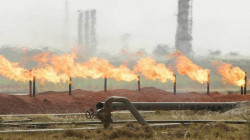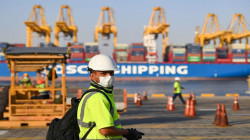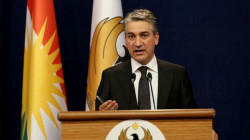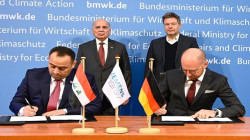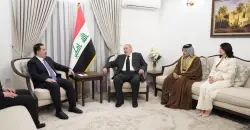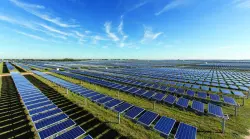Energy independence drive: Iraq expands gas and electricity networks
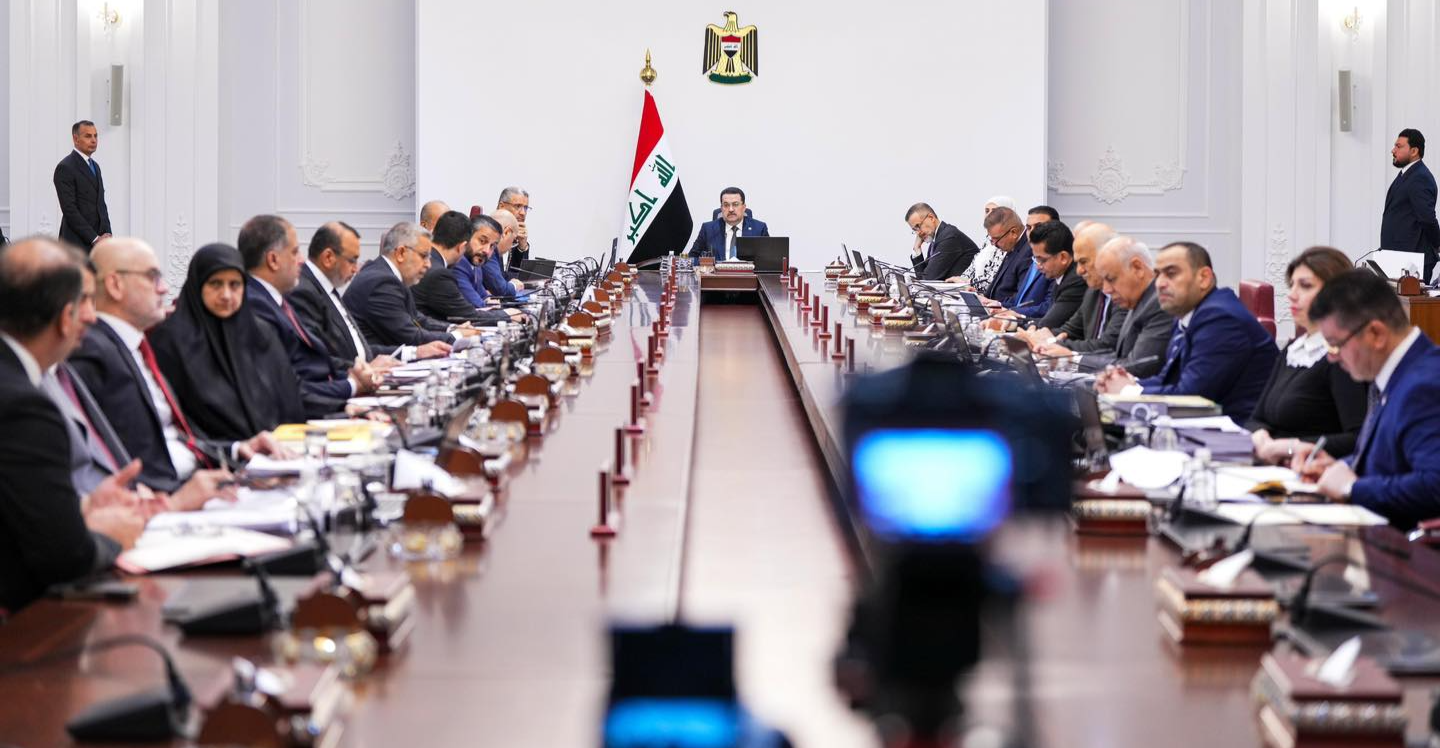
Shafaq News/ On Tuesday, the Iraqi Cabinet approved a series of decisions aimed at strengthening the country’s electricity production, expanding gas infrastructure, and advancing renewable energy efforts across the nation.
Chaired by Prime Minister Mohammed Shia Al-Sudani, the Council of Ministers approved a move to decentralize energy management, granting governors expanded powers to tackle local electricity shortages. Under the new measures, provincial authorities can initiate the installation of hybrid solar power units—ranging from 10 to 30 megawatts per site—near transmission and distribution stations in both districts and sub-districts. The initiative aims to ease the burden on the national grid and strengthen regional energy resilience.
To provide a more affordable and sustainable alternative to the private generators, the Council has also approved the rollout of residential hybrid solar systems. Each system will have a minimum capacity of 5 kilowatts and include battery storage of at least 10 kilowatt-hours, offering households a cleaner and more reliable energy solution.
In parallel, the Council allocated additional funding to bolster the National Initiative to Promote Energy and Reduce Emissions, which had been previously endorsed. This includes investments in afforestation campaigns and sustainability projects managed by the designated authority, contributing to long-term climate mitigation goals.
Gas Infrastructures
Alongside renewable energy efforts, the Council approved a series of infrastructure developments and contractual revisions to reinforce Iraq’s gas-based energy system and ensure timely project execution.
One decision was the inclusion of a 45-kilometer pipeline to transport imported gas from a floating platform to the national grid, within the broader Fuel Delivery for Industrial and Power Projects initiative. The project’s total cost was increased to accommodate this addition.
Additionally, the Council endorsed the integration of dry gas pipeline works into the Anbar Combined Cycle Power Plant project, being implemented under the Framework Agreement with China. A similar inclusion was made for the Al-Dibis Gas Power Plant, where a 20-inch dry gas pipeline will now form part of the development plan.
In Kirkuk, the Council approved a contractual model shift for the Hydrogenation and Gasoline Improvement Unit, which has a processing capacity of 12,000 barrels per day. The project will move from a BOO (Build-Own-Operate) framework to a BOOT (Build-Own-Operate-Transfer) model, with a fixed processing fee of $23 per barrel, offering more long-term flexibility for public sector ownership.
Finally, to ensure the continuity of large-scale generation efforts, the Council has also extended the closure period linked to the sovereign guarantee for the Al-Khairat Thermal Power Plant by eight months.
